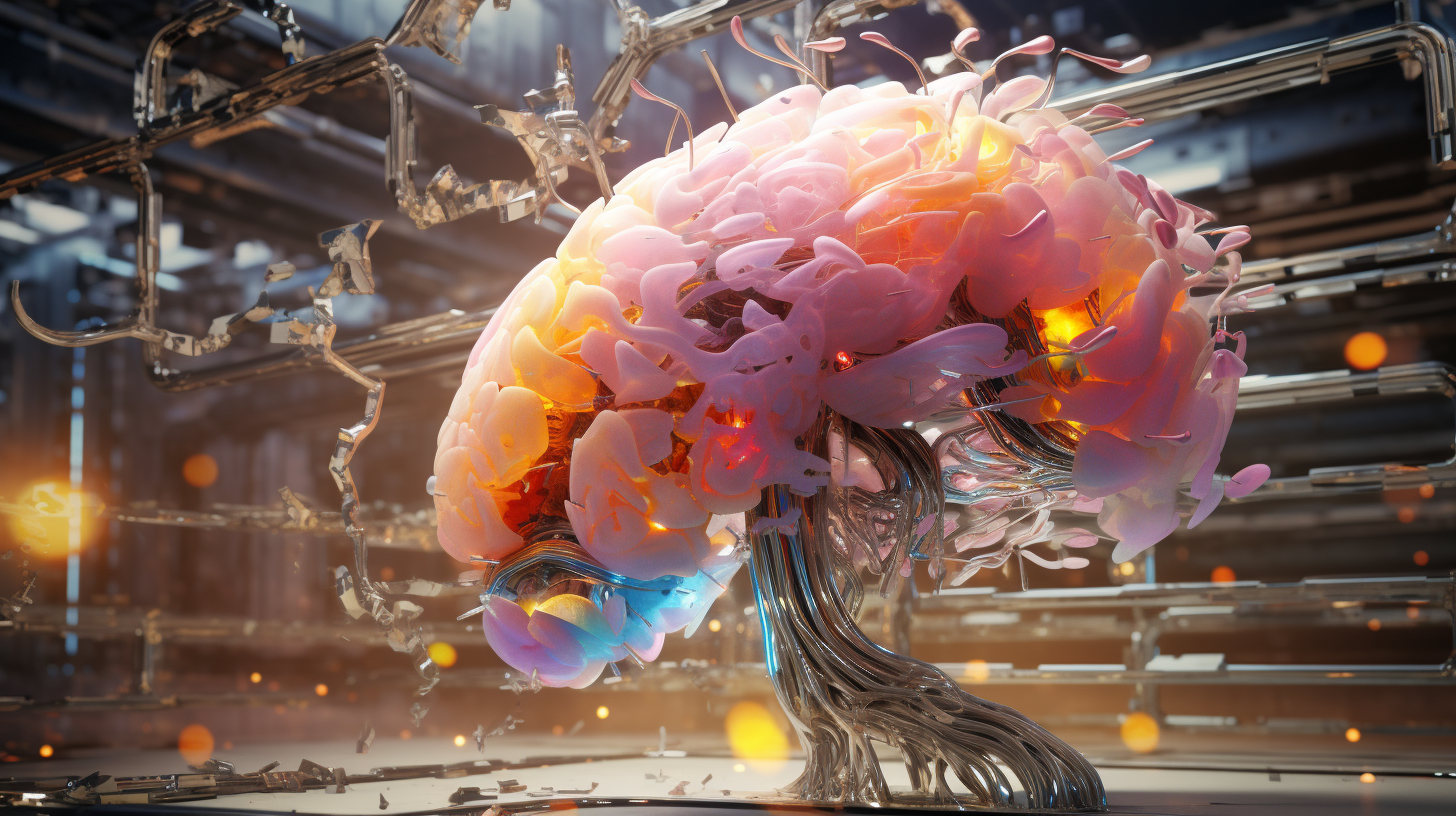What is Brain Endurance Training (BET) ?
Brain Endurance Training is a specialized cognitive training methodology that strategically employs repeated exposure to escalating cognitive demands that create mental fatigue.

What is Brain Endurance Training (BET) ?
Brain Endurance Training, often abbreviated as BET, is a specialized cognitive training methodology that strategically employs repeated exposure to escalating cognitive demands that create mental fatigue. The goal is to train the brain's resilience to both mental and physical fatigue by stimulating psycho-physiological adaptations. At the core of Brain Endurance Training (BET) is the implementation of cognitive tasks where the cognitive load is manipulated through parameters like intensity, duration, frequency, and variability. This creates an environment of fatigue, acute stress, uncertainty, and pressure, triggering these psycho-physiological adaptations. Much like the premise of physical training, the imposed load needs to be substantial to create real and lasting change.
Brain Endurance Training acts as a training catalyst, enabling athletes to achieve their ultimate cognitive and physical potential. This training method isn't merely theoretical. Its credibility and efficiency are backed up by an extensive collection of peer-reviewed studies carried out by multiple universities on high-caliber and professional athletes, demonstrating the practicality of this training approach.
One of the common misconceptions around brain endurance training is that it solely improves the task or skill being trained. The premise is that when a skill is repeatedly practiced, especially to the point of fatigue, the skill naturally improves. However, this can lead to some confusion, so let's dispel it once and for all. The principal objective of Brain Endurance Training is not merely to enhance a specific skill or task. The real benefit lies in the positive gains reaped from adapting to the fatigue induced by cognitive training.
In essence, the cognitive tasks are a training catalyst used to boost overall physical and neural capacity. While improvement in tasks is an inevitable byproduct of repeated practice, it isn't the main goal. For instance, when you go to the gym, the goal isn't simply to improve the technique of squatting; the objective is to increase the load incrementally to gain strength. Skill refinement comes organically with practice.
The end game of this training approach is to enhance capacity. Studies reveal that athletes who underwent Brain Endurance Training outperformed their counterparts due to psycho-physiological adaptations.
Furthermore, neuroimaging studies have found that Brain Endurance Training allows athletes to maintain elevated prefrontal cortex oxygenation levels, showing that they could.
- Tolerate higher levels of perceived exertion.
- Retain executive control under fatigue, and expend less mental effort.
All these factors contribute to an enhancement in both physical and cognitive performance. These neural adaptations allow athletes to exert more effort, make fewer mistakes, and ultimately outperform and outlast their competition.
Soma and its Role in Brain Endurance Training (BET)
Soma is trusted by professional athletes, military units, and global universities. It serves as a research tool for a myriad of areas including Brain Endurance Training, Mental Fatigue, Concussion, Mental Toughness Training, Cognitive Priming, and the effectiveness of Cognitive Supplements.
Soma's distinct advantages lie in its comprehensive suite of cognitive tasks and the ability to layer these tasks with specialized modes, enabling coaches to tailor the cognitive load exerted on an athlete's brain effectively. With Soma, you can rest assured that you're generating an adequate level of cognitive load, intensity, and frequency to drive adaptations in the brain. Its in-depth cognitive and physiological analytics enable meticulous monitoring for optimizing the training regimen seamlessly.
The importance of this lies in the fact that if the challenge isn't strenuous enough, neither the body nor the brain feels the need to adapt, and thus, no changes occur. Unlike physical training, where the limits are easily identifiable, cognitive training requires accurate data to ensure a sufficient level of cognitive stress is applied. One of the common pitfalls with cognitive training is the inadequacy of the cognitive load. Athletes often fall into the pattern of repeating the same tasks, load, frequency, and intensity week after week. Without detailed insights, it's impossible to determine if the training intervention is effective.
Lack of data translates into a lack of insights, leading to stagnation, much like performing the same gym exercises with the same weight in the same sequence every week. Recognizing that sufficient load is crucial for physical training adaptations, it's clear that data analysis plays a vital role in cognitive training as well. Soma provides the capacity to monitor 15 cognitive and physiological measures, along with minute-by-minute breakdowns of each metric. This capability allows coaches to identify weak spots and optimize a cognitive training plan effectively. Soma even allows coaches to set fixed heart rate zones that athletes must maintain during cognitive training sessions, layer secondary tasks, and automatically adapt cognitive load to an athlete's performance or HRV.
🌐 Connect With Us
🌍 Soma Technologies: Engineered to enhance human performance.
📸 Instagram: Dive into our world through exclusive photos and stories.
👥 Facebook: Join our community for the latest updates and discussions.
📈 LinkedIn: Connect with us professionally and stay informed about industry news.
🎥 YouTube: Watch our latest videos, tutorials.
🐦 X: Follow us for instant updates, news, and engaging tweets.
